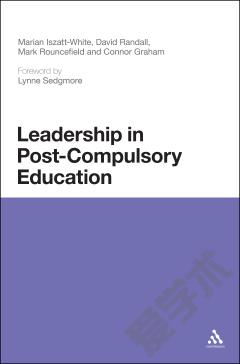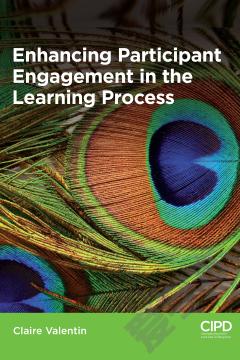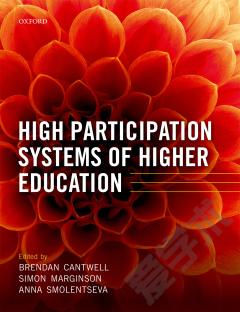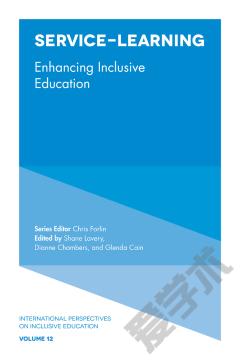Widening Participation in Post-Compulsory Education
Introduction Modernizers and the economic drive for expansion Progressives and the personal and social benefits of post-compulsory education Access to post-compulsory education by "non-traditional" students Identifying assumptions and barriers to participation Schools and progression: barriers created by the compulsory education system Barriers and opportunities created by the post-compulsory education system The labour market and participation in post-compulsory education and training. The influence of social and cultural factors on participation in post-compulsory education. Individualizing the problem of problematizing the individual? A strategic approach - but whose startegy? Case study 1: regional distance learning scheme Case study 2: community outreach partnership Case study 3: a tailor-made programme of courses This approach to widening participation Appendix 1: key questions Appendix 2: Further case studies Bibliography Index
{{comment.content}}








 京公网安备 11010802027623号
京公网安备 11010802027623号